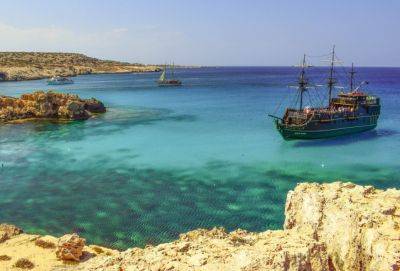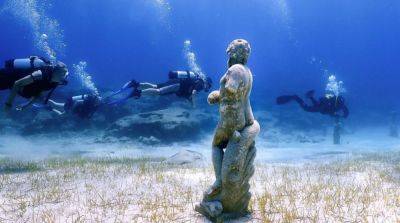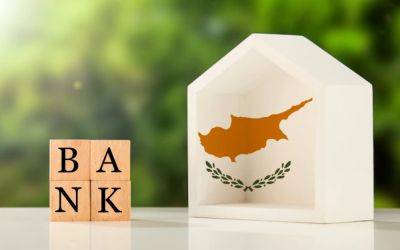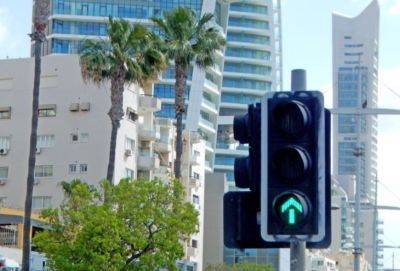Cyprus cuts migrant arrivals by 50%, earns European praise
Cyprus continues to grapple with a significant migration challenge, a situation that has evolved into a complex and multifaceted issue. Since March 2023, President Nikos Christodoulides’s administration has intensified efforts to address the strain caused by the influx of irregular migrants. These pressures had pushed the reception and hospitality system to its limits, with occupancy rates at nearly three times the system’s capacity at one point, — Kathimerini informs.
Interior Minister Konstantinos Ioannou faced this crisis upon taking office in March 2023. Now, a year and a half later, with Nikolas Ioannidis assuming the role of First Deputy Minister for Migration, the situation has shown signs of improvement. Official statistics reflect a positive trend, providing a more manageable scenario for Ioannidis and setting the stage for addressing longstanding issues.
The government’s migration strategy, initiated in March 2023, revolves around four core pillars: reducing arrivals, expediting application processes, enhancing infrastructure, and increasing deportations. Since these measures were implemented, there has been a 50% drop in migrant arrivals in 2023 compared to 2022. Arrivals through the Green Line, which were primarily from the Occupied Territories, decreased by 65%. Additionally, arrivals of African nationals fell by 85%. This decline was driven by faster processing of asylum applications, which were reduced from over 12 months to three months, decreased benefits for rejected applicants, and stricter workplace controls to prevent illegal employment. Furthermore, an information campaign in Nigeria, Congo, and Cameroon corrected misconceptions about Cyprus. The number of deportations increased by 50%, earning
Читать на cyprus-daily.news
























